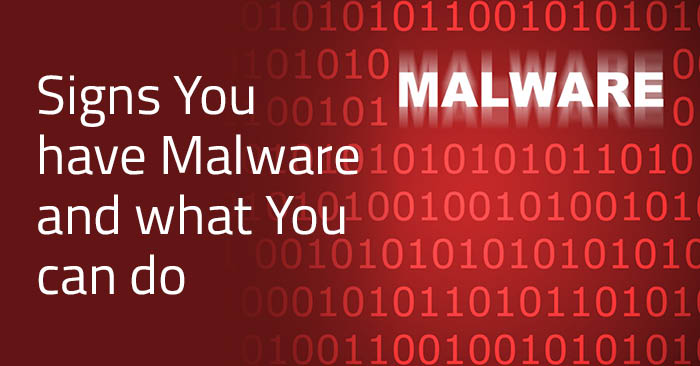
Not all computer viruses immediately crash your device in a dramatic display. A virus can run in the background, quietly creeping around on its tip-toes, stealing things and messing things up along the way. If your computer has a virus, here’s what may happen:
- Windows suddenly shuts down.
- Programs automatically start up.
- Some programs won’t start at your command.
- The hard disk can be heard constantly working.
- Things are running awfully slow.
- Spontaneous occurrence of messages.
- The activity light on the external modem, instead of flickering, is always lit.
- Your mouse moves all on its own.
- Applications in your task manager are running that you don’t recognize.
If any of these things are happening, this doesn’t automatically mean a virus, but it does mean to be on the alert.
If you have antivirus software (and if you don’t, why not?) it should scan your computer on a pre-programmed routine basis and automatically download updates. Antivirus software truly works at keeping the bugs out or quarantining one that gets in.
We will never eradicate the computer virus (a.k.a. malware) as it is always evolving to be one step ahead of antivirus software. This is why you must not sit back and let the antivirus software do 100 percent of the work. You should play a part, too.
- Every day without fail, run a scan of your computer. This would be a quick scan, but every week you should run a deep scan. These scans can be programmed to run automatically, or you can run them manually.
- You can have the best antivirus software in the world that runs scans every day, but it’s worthless if you shut it down and then open those iron gates and let a virus in. This will happen if you click on a malicious attachment in an e-mail from a sender posing as someone you know or posing as your bank, employer, etc. Never open attachments unless you’re expecting something from someone you know. If you open a malware laced attachment it will download a virus. And by the way, hackers are very skilled at making an e-mail appear like it’s from someone you know.
- Never click on links inside e-mails unless it’s from someone you know who regularly sends you links, and even then, be alert to any anomalies, such as, for example, this person always includes a subject line, but one day, it’s blank. Should you open the attachment? Contact this person in a new e-mail chain to see if they just sent you something. And never click on links that are allegedly sent from your bank, a retailer, the IRS, etc. A malicious link could download a virus or lure you to a site that, once you’re there, downloads a virus.
Set your e-mail program to display text only, so that it will alert you before any links or graphics are loaded. Interested in learning more about this subject: discover what are some common types of malware, how it spreads and how to prevent it, visit this page.

